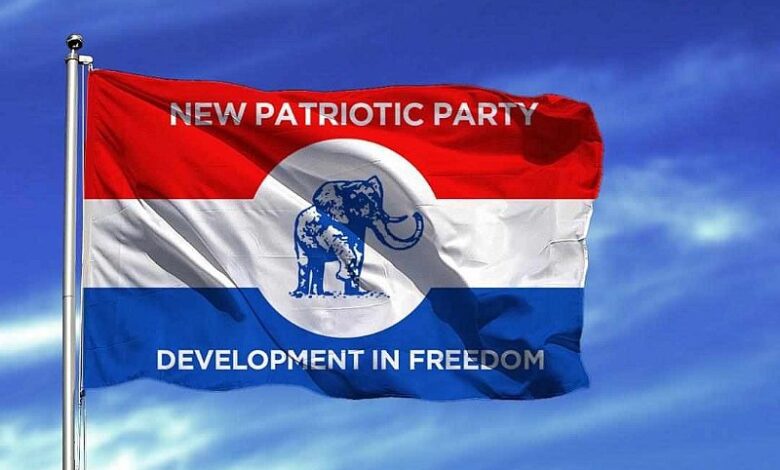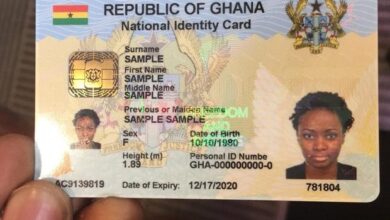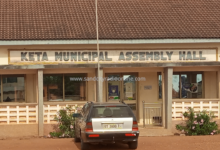
Mahama’s 24-hour economy gleaned from Bawumia’s digitalisation drive – NPP
Stephen Forson, the Deputy Director of Information Technology (IT) at the governing New Patriotic Party (NPP) Headquarters in Accra, has raised questions about the National Democratic Congress’s (NDC) 24-hour economy policy.
In a statement, Mr Forson suggested that the policy closely resembles one of the outcomes of Vice President Mahamudu Bawumia’s Digital Transformation Agenda.
Mr Forson underscored the crucial role of digitalisation in shaping a continuous economic model in Ghana.
As evidence of the ongoing digital transformation, he highlighted initiatives such as the Ghana Revenue Authority’s (GRA) online tax filing, which facilitates revenue generation beyond traditional working hours.
Additionally, Mr Forson commended the ECG PowerApp, which enables the Electricity Company of Ghana to sell electricity after 5 pm.
He emphasised how these digital tools contribute to efficiency and demonstrate the positive impact of embracing digital solutions.
The statement suggests that the NPP sees the NDC’s 24-hour economy policy as aligning with the progress made in digital transformation under the Bawumia-led initiatives.
Read the full statement below:
Upon reflection on the concept of the 24-hour economy, I find myself questioning the NDC’s touted policy, wondering if it truly brings something groundbreaking to the table.
In my observation, the digital transformation currently underway in Ghana plays a pivotal role in propelling us towards a round-the-clock economic model.
Take, for instance, the Ghana Revenue Authority’s move towards online tax filing.
This initiative not only enhances efficiency but ensures that our nation continues to generate revenue even after the traditional working hours have concluded.
It’s a testament to our ability to adapt and thrive in the digital age.
The ECG PowerApp is another fascinating example.
It enables the Electricity Company of Ghana to sell electricity beyond 5 pm, with essential services such as customer care and engineering support working tirelessly into the night to address client challenges promptly.
I’ve personally utilized these services during the late hours, experiencing firsthand the efficiency brought about by digitalization.
The Ghana Water App is yet another testament to the power of technology in driving a 24-hour economy.
It consistently generates revenue for the Ghana Water Company, showcasing the potential for essential services to operate seamlessly around the clock.
Essential service staff, including the Ghana Police Service, Ghana Fire Service, and Prisons, health services, etc, have long embraced 24-hour job shifts, ensuring the continuous provision of critical services to the public.
Our industrial sector is thriving with many factories operating day and night shifts, contributing significantly to the 24-hour model.
Likewise, certain fueling stations, exemplified by Star Oil, have adopted 24-hour shifts, depending on the safety of their surroundings.
Banks, too, have embraced the digital age. Dr. Mahamudu Bawumia’s leadership in spearheading mobile money interoperability has enabled 24/7 deposits and withdrawals, revolutionizing the accessibility of banking services beyond traditional hours.
So, as I ponder these advancements, a critical question arises:
“What does the NDC, under the leadership of Mahama, plan to do differently than what is already in motion, in order to increase the number of industries that are running 24-hour operations? “
The NDC and Ex-President John Mahama’s challenge always lies with formulating a succinctly thought-through policy to drive this nation Ghana into our desired future.
In conclusion, 24 hour economy is one of the benefits of Dr. Bawumia’s digital transformation agenda. It does not come about by reducing electricity tariffs for factories or the government giving tax incentives to factories that work in night.
Factories will increase their production operations automatically to include the nights when their sales or demand increases.
Source: Classfmonline.com






